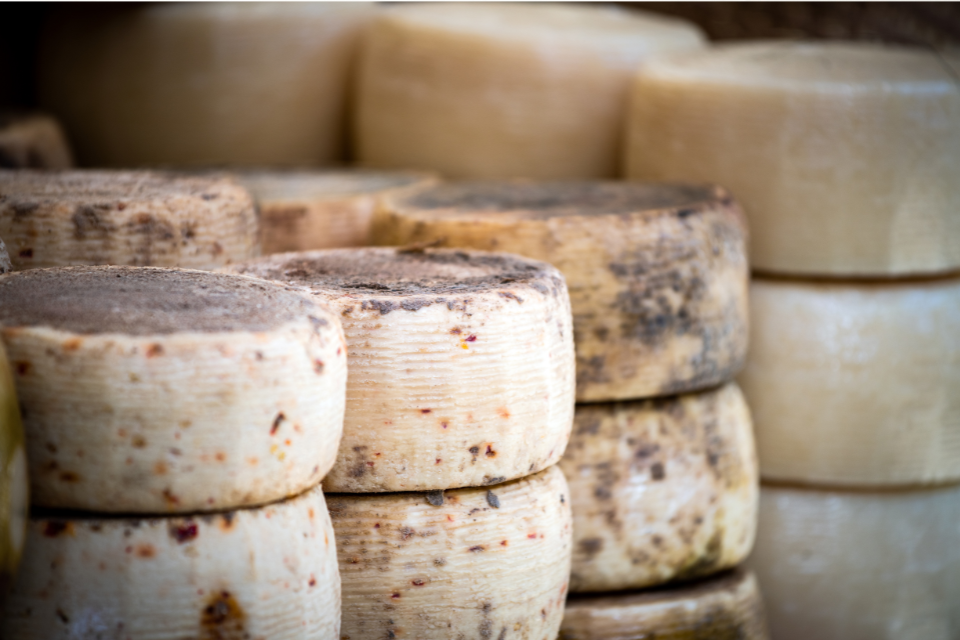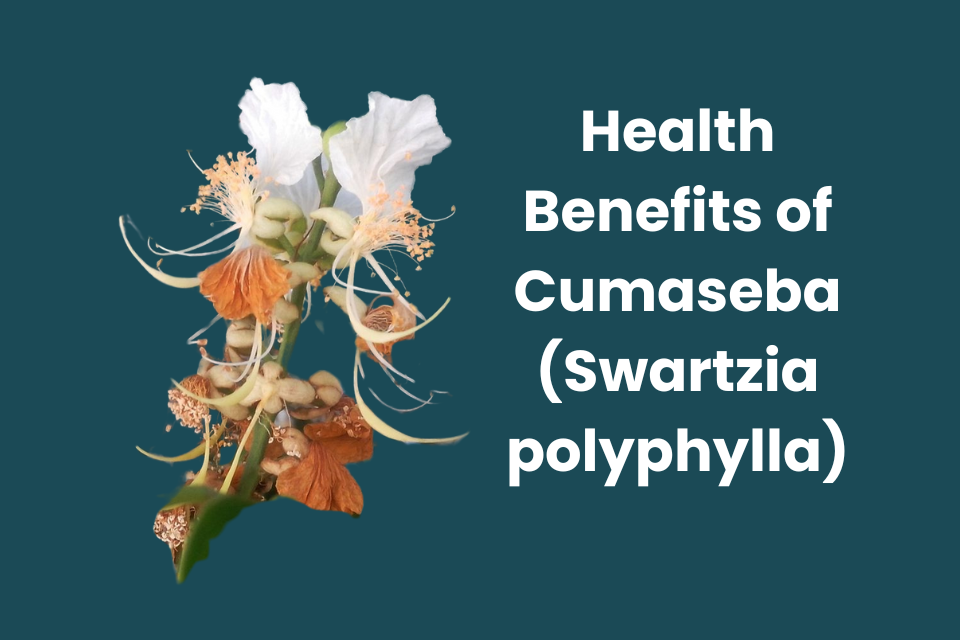Surprising Health Benefits of Casu Marzu: Sardinian Cheese

Casu marzu, a traditional Sardinian cheese containing live maggots, may offer health benefits such as improved protein digestion, bioavailable amino acids, and potential probiotic effects due to its unique fermentation process. It’s also rich in insect-derived nutrients like zinc and iron. However, it carries health risks like intestinal infections and is banned in the EU for safety concerns. Consume with caution and only from trusted sources.
Let me begin with a confession: as someone constantly on the hunt for unique and culturally rich foods, I’ve found casu marzu Sardinia’s infamous maggot‑infested cheese simultaneously fascinating and polarizing. If you've never heard of it, this heirloom delicacy is derived from pecorino and intentionally colonized by the larvae of Piophila casei. Those maggots break down fats to create an ultra‑creamy texture and intense flavor, often described as “ripe, spicy, and unforgettable” (en.wikipedia.org).
Yes, it's outlawed across the EU and many consider it dangerous but dig deeper and you find people who claim both culinary thrill and well-being benefits. Here's an exploration of real human experiences, scientific contexts, and a balanced look at what these so-called benefits actually are.
1. Protein Power & Essential Fats
Like its parent cheese, pecorino, casu marzu is naturally rich in protein and calcium key for bone health, muscle maintenance, and longevity (en.italy4.me). What makes it stand out is the larval fermentation:
Proteolytic enzymes released by the maggots break down complex proteins, making amino acids more bioavailable.
Lipolytic enzymes release free fatty acids, potentially enhancing digestion and promoting a richer nutrient absorption .
That creamy, runny texture (“làgrima,” or “cheese tear”) isn't just dramatic it’s a sign of nutrient-integrated cheese that some Sardinians insist is more easily digested.
2. Insect‑Derived Nutrients & Micro‑Microbes
Are maggots gross? Maybe. But edible insects are increasingly recognized for their impressive nutrient profiles. According to a recent dietary review from Sardinia a Longevity Blue Zone traditional “famine foods” like casu marzu are part of a diet rich in protein, vitamins, minerals, and polysaccharides that support gut and immune health (en.wikipedia.org, journalofethnicfoods.biomedcentral.com).
Here’s what science says:
Insect protein offers 30% or more essential amino acids unique building blocks for tissue repair (journalofethnicfoods.biomedcentral.com).
Micronutrients like zinc, iron, and selenium are typical in insect-rich diets.
Polysaccharides may promote gut microbes and immunity, similar to fermentation in yogurt or kefir .
While data specifically on Piophila casei is limited, patterns from insect‑based and fermented foods suggest real health promise.
3. Fermentation with Intensity
Casu marzu isn’t just soft it’s decomposed by living enzymes and bacteria, unlocking peptides and amino acids. One paper on stinky cheeses observed diverse bioactive peptides in highly fermented varieties that may support:
Antioxidant activity
Blood pressure regulation
Anti‑inflammatory properties (journalofethnicfoods.biomedcentral.com, milkgenomics.org, reddit.com)
Though not specifically tested on casu marzu, it falls in that category making a strong case for potential metabolic and cardiovascular benefits.
4. Cultural Mindset & Longevity
Beyond the nutrients, Sardinia is also a study in lifestyle. In their Blue Zone, diet interweaves with slow living, social connectivity, physical labor, and mindful food traditions (journalofethnicfoods.biomedcentral.com).
Conscious eating: People eat until ~80% full.
Local traditions: Foods like casu marzu are tied to identity and mental well‑being.
Social rituals: Meals are communal by nature.
This isn’t just a “food”; it’s part of a cultural fabric linked with reduced stress, better digestion, and, potentially, long life.
Balanced Perspective: Risks & Precautions
No article is complete without acknowledging downsides:
Legal restrictions and safety
It's banned in Italy and the EU due to food-safety laws (journalofethnicfoods.biomedcentral.com, foodandwine.com, en.wikipedia.org).Pseudomyiasis
Occasionally, live larvae survive stomach acid and cause intestinal issues: nausea, vomiting, pain, bloody diarrhea .Potential pathogens
The larvae may carry harmful bacteria if production isn't controlled (en.wikipedia.org).No death but documented illness
Though no recorded fatalities, cases of discomfort and digestive distress have been documented (journalofethnicfoods.biomedcentral.com).
5. How to Minimize Risk
Curious visitors can still sample casu marzu responsibly with these practical steps:
Only eat live-larvae cheese dead maggots may indicate decomposition (en.wikipedia.org).
Use a paper bag to suffocate maggots first, or consume quickly after opening (en.wikipedia.org).
Trust local producers: some artisanal cheesemakers in Sardinia now use controlled fly-rearing and hygiene techniques (en.wikipedia.org).
Feed it with wine & bread: ample warrior wine (like Cannonau) and hearty pane carasau helps buffer intense flavors and digestion (en.wikipedia.org).
Integrating Casu Marzu Into a Health‑Focused Lifestyle
If you're considering casu marzu:
As a luxury treat: enjoy it sparingly its intense profile makes it perfect for small tastes.
Combine wisely: pair with fiber-rich whole grains, vegetables, and antioxidant-rich wine to round out your meal.
Cultural engagement matters: embracing the tradition, the ritual, and the story can amplify the mental and emotional benefits.
Think of it not as everyday cheese, but a deeply rooted cultural experience with nutritional potential not medical magic.
FAQ: Everything You Want to Know About Casu Marzu
Q1: Is casu marzu really healthy?
A: There’s no miracle cure, but it’s nutrient-dense, ripe in proteins and insect-derived micronutrients, and its fermentation process may unlock beneficial peptides (foodandwine.com).
Q2: I’m worried about maggots surviving digestion should I avoid it?
A: That risk exists there are documented pseudomyiasis cases (en.wikipedia.org). To lower risk, eat only live-maggot cheese, use controls, and seek advice from locals.
Q3: Where can I legally try it?
A: Sardinia and parts of Corsica may offer it illegally or traditionally. Italy’s local cheesemakers sometimes produce it in small batches with hygienic methods .
Q4: Can it fit into a longevity diet?
A: Yes as an occasional cultural delicacy. Its protein and fermentation factors complement the Sardinian Blue Zone diet, which values whole foods, social eating, and moderation (journalofethnicfoods.biomedcentral.com).
Q5: How should I eat it?
A: Spread thinly on pane carasau, pair with red wine, try a light tasting, and avoid overindulging to reduce stomach upset.
Final Takeaway
Casu marzu isn’t a superfood in the conventional sense Im not telling you to eat maggots daily! But if you're drawn to cultural authenticity, culinary adventure, and nutrient-rich fermentation, it holds real interest. Enjoying it mindfully in moderation and as a part of Sardinia's holistic lifestyle can offer more than just flavor: it’s a window into a tradition that brings people together and connects us to the rhythms of our food heritage.


